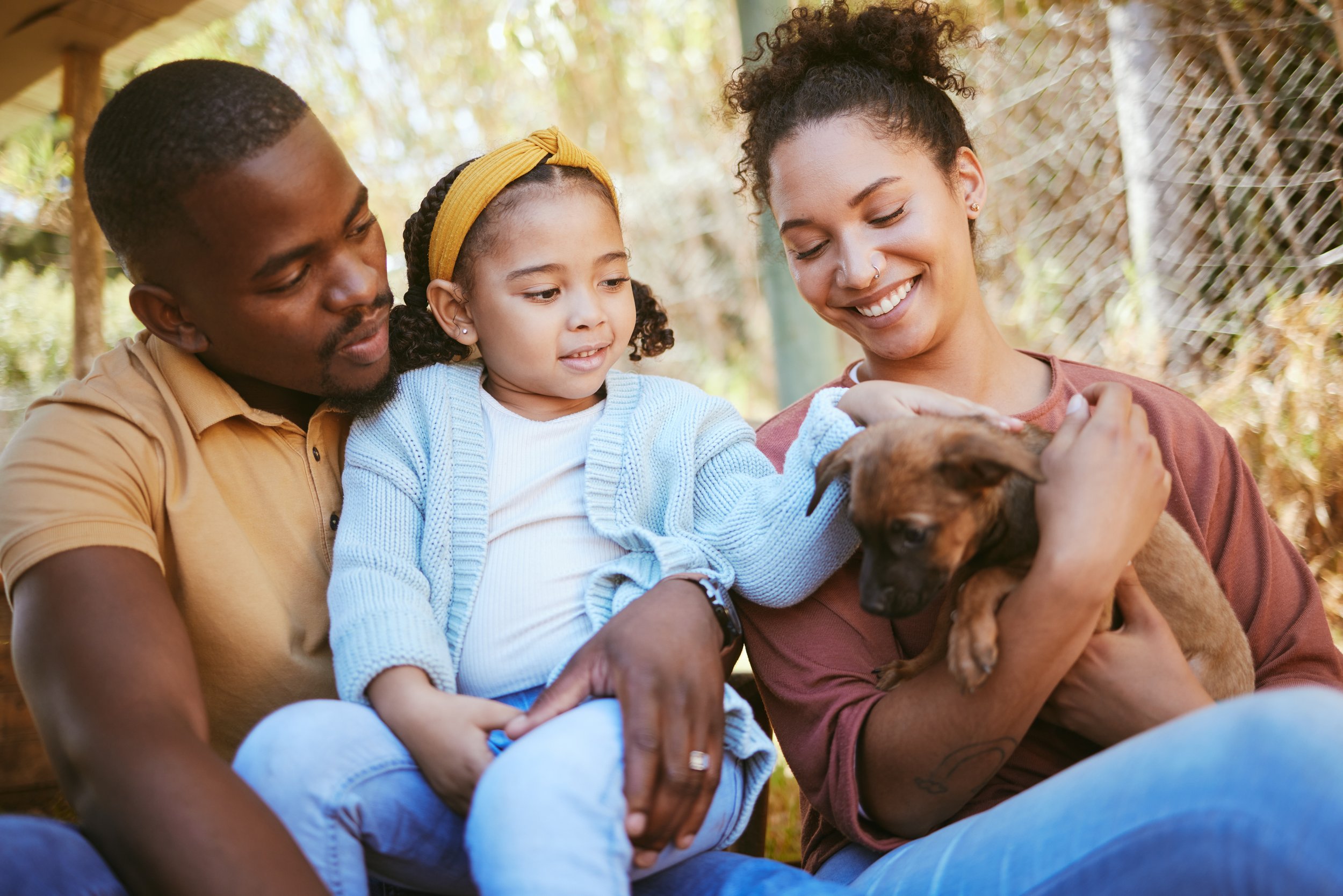Puppy Parenthood: Essential Steps to Ensure Your Pup's Well-being

Becoming a new puppy parent can be both exciting and daunting. You want to do the best for your new friend but at the same time, you don’t want to take the wrong steps. If you’re concerned, then you needn’t worry. We will explain all the important steps you can take to ensure your puppy’s health and well-being. These are:
Puppy-proof your home
Puppies, just like toddlers, are curious by nature. So, you can find them exploring your house whenever they get a chance. The problem with this behavior is that there are all kinds of household items that can be hazardous for them. These items include home appliances, breakable cutlery, trash, chemicals and toxins, etc. You want your pup to stay clear of these things for their safety.
To make your house a safer place, puppy-proof everything! You can start with one specific room or area first, then move to another, and so on. Repeat the steps for all areas till the entire house is covered. If the scope of this task is too vast, then you can fence off one portion of the house and restrict your puppy’s access to this area only. Note: As an additional step for your pup’s safety, look into dog insurance plans online and pick an option that offers good savings on treatments, medicines, etc. at an affordable cost.
Sleep in the same room
Spending time with your puppy, especially initially, is quite important. This is because the puppy needs time to adjust to being away from their siblings and mom. So, try to be with them as much as possible and sleep in the same room as them for the first few weeks at least. You can help your puppy feel safer by offering them a new toy or blanket when they go to sleep. Also, be sure to fix a nighttime sleeping place for your puppy, and never change it. Changing the place where the puppy sleeps can make them anxious, and they may face trouble sleeping. Lastly, if the pup cries or barks at night, you can console them and help them dissipate the fears and concerns of living in a new place.
Create opportunities for socialization
An important aspect for a new pup is socialization. You need to prepare them for all kinds of situations and interactions, especially considering they might be on their own to learn socialization skills (unless they have siblings living with them). So, start by introducing them to different sounds and people. Encourage them to meet and greet children, neighbors, delivery boys, postmen, etc. Initially, they may feel nervous or unsure about handling these interactions, but gradually they will learn to adapt. They will open up and stop feeling shy. This openness will go a long way in helping them make new friends.
Create ground rules
Establishing some ground rules is one of the most important things to do for your pup. You may think they are too young for impositions and conditions, but it’s actually better to start when they are growing- they pick up habits easily. Some of the things you can establish for them are:
Potty training: Your pup needs to learn where to relieve themselves. Many people wait for their puppies to grow a little before starting their potty training but it’s a good idea to start early. Now, your four-legged friend may need to learn to do it on potty pads or a cardboard box, but that’s fine initially. Ideally, you should train them to relieve outside and only consider them going for pooping indoors when outside access isn’t available (in case you don’t have a yard or balcony, etc.).
Chewing: Dogs love to chew on things- it’s a well-known fact. If your pup is quite young, maybe you don’t need to worry about this point. But if they are a few months old, and have growing teeth, maybe you want to check that they don’t chew on your prized furniture, carpets, etc. A good way to keep your pup’s chewing habit under control is to provide them a dedicated chew toy.
Kitchen: The kitchen is not an ideal place for any pet. There is a risk of sharp objects such as knives dropping, pup poking about the garbage bin, food spoiling, etc. So, take all possible measures to prevent your puppy from entering the kitchen. With enough training, your dog may learn that he or she isn’t supposed to go inside the kitchen, and then you won’t have to bolt the kitchen door at all.
Door control: A common problem that new dog parents face is their pup stepping out of the home every now and then. It can be a troubling situation as your furry friend can get lost, run into the street to pose a threat to their life, or even get attacked by another dog. You need to train your new friend to wait at the door and instead of escaping at a whim, wait for your approval. Ideally, you should accompany them outside especially if there are hazards.
Conclusion
By adhering to the important steps shared above, you can ensure your puppy's well-being and provide them a happy and fulfilling life. Keep in mind that every dog is different, so customize these instructions to meet their requirements. Cherish the priceless moments you spend with your furry friend and embrace the joy and friendship that come with owning a pet. You will forge a solid relationship that will last a lifetime together.

